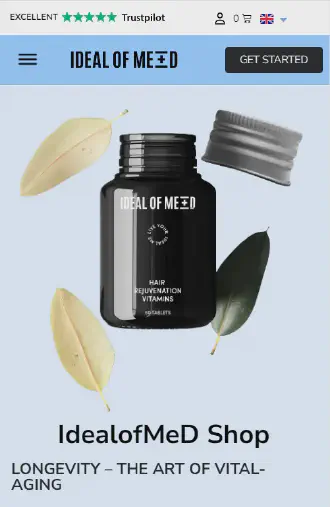Vitamin A, also known as retinol, is essential to the formation of visual purple in the retina, which allows vision in dim light. Beta carotene, the precursor to vitamin A found in vegetables, has antioxidant properties, meaning it protects cells from the toxic damage of oxidation. Benefits: Supports night vision Prevents drying of the cornea Helps to reduce the risk of various forms of cancer. A key element for the growth of bones, teeth and soft tissues Gives support respiratory system Helps to maintain healthy immune function Aids treatment of acne, psoriasis and other skin conditions Maintains healthy blood sugar balance Vitamin A is a fat-soluble vitamin Two different types of vitamin A are found in the diet. Preformed vitamin A is found in animal products such as meat, fish, poultry and dairy foods. The other type, pro-vitamin A is found in plant-based foods such as fruits and vegetables. The most common type of pro-vitamin A is beta-carotene. Vitamin A helps form and maintain healthy skin, teeth, skeletal and soft tissue, mucous membranes, and skin. It is also known as retinol because it produces the pigments in the retina of the eye. Vitamin A promotes good vision, especially in low light. It may also be needed for reproduction and breastfeeding. Retinol is an active form of vitamin A. It is found in animal liver, whole milk, and some fortified foods. Carotenoids are dark-colored dyes (pigments) found in plant foods that can turn into a form of vitamin A. There are more than 500 known carotenoids. One such carotenoid is beta-carotene. Beta-carotene is an antioxidant. Antioxidants protect cells from damage caused by substances called free radicals. Free radicals are believed to contribute to certain chronic diseases and play a role in aging processes. Food sources of carotenoids such as beta-carotene may reduce the risk for cancer.
















